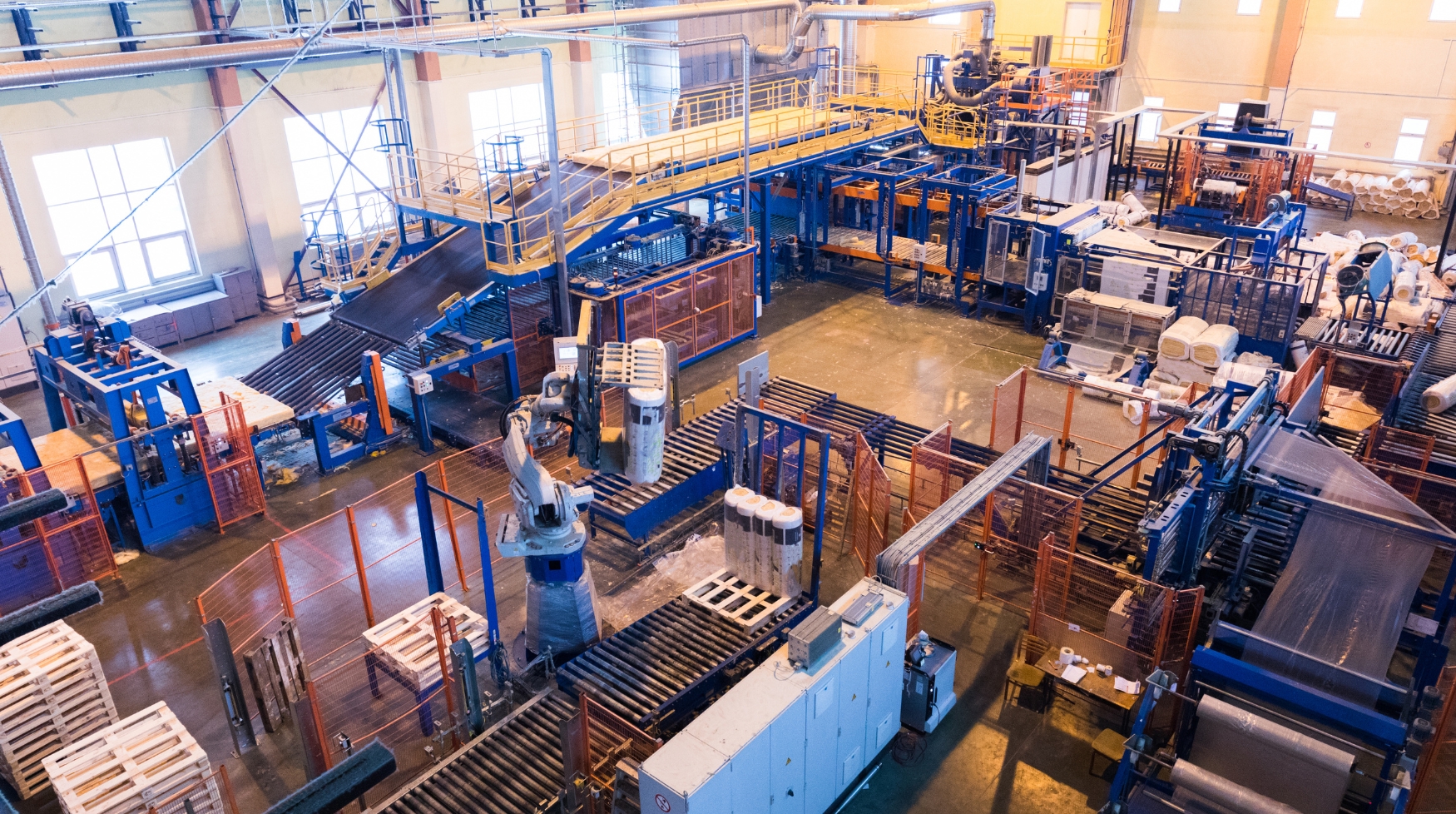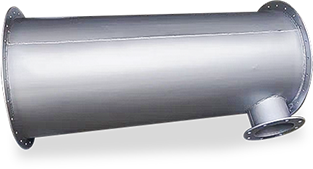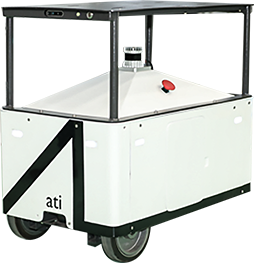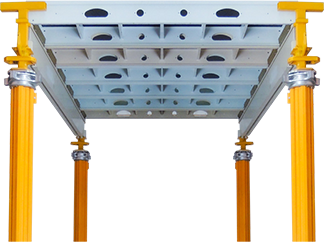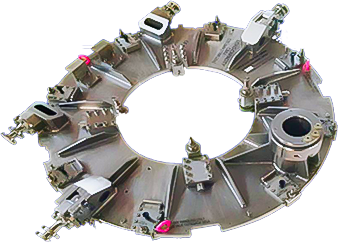In today’s rapidly evolving global business landscape, the decision to outsource manufacturing to India can have significant implications for companies aiming to remain competitive. India is increasingly recognized as a top destination for manufacturing, owing to various factors. It boasts abundant skilled labor, solid infrastructure, and business-friendly regulations, making it an attractive option for companies seeking to enhance operational efficiency and reduce costs.
Outsourcing to India offers more than just cost savings; it also brings additional benefits. India’s strategic geographical location facilitates efficient supply chain management, enabling quicker responses to customer demands and reducing shipping challenges.
However, despite these advantages, outsourcing to India can be challenging. This guide aims to help decision-makers by providing invaluable tips to maximize the benefits of outsourcing manufacturing to India.

Benefits of Outsourcing Manufacturing to India
Outsourcing manufacturing to India has surged in popularity among global businesses due to its myriad advantages. From cost savings to access to skilled labor, time zone alignment, and robust infrastructure and technology support, India has emerged as the preferred destination for outsourcing.
- Cost Advantages:
Outsourcing manufacturing to India offers significant cost advantages. With lower labor costs compared to many Western countries and lower operational expenses like utilities and taxes, businesses can achieve substantial savings. This cost-effectiveness empowers companies to allocate resources strategically, drive innovation, and maintain competitiveness in the global market.
- Access to Skilled Labor:
India boasts a vast pool of skilled workers across various sectors, nurtured through a strong emphasis on education and technical training. This skilled workforce excels in engineering, technology, and specialized fields, enabling companies to tap into talent proficient in product design, engineering, quality control, and process optimization. Leveraging India’s skilled labor market enhances manufacturing capabilities and fosters innovation.
- Diverse Manufacturing Capabilities:
India boasts a broad spectrum of manufacturing capabilities spanning industries such as automotive, electronics, pharmaceuticals, textiles, and aerospace. This extensive diversity empowers businesses to access specialized expertise and resources tailored to their unique manufacturing requirements, facilitating increased flexibility and scalability in production processes.
- Strategic Location for Market Access:
Situated strategically, India’s geographic location offers significant advantages for accessing not just its sizable domestic market but also neighboring regions and burgeoning markets across Asia and beyond. Establishing manufacturing operations in India enables businesses to enhance proximity to key markets, leading to reduced shipping costs and a competitive edge in global trade.
- Government Support and Incentives:
The Indian government actively fosters and incentivizes manufacturing investments through initiatives like the Make in India campaign, designed to promote domestic manufacturing and attract foreign investment. Various tax incentives, subsidies, and the establishment of special economic zones further encourage businesses to outsource manufacturing to India, enriching the overall business environment and investment allure.
- Economic Stability and Growth Potential:
India’s robust economic growth and stability create a favorable climate for businesses seeking enduring partnerships and investments. With a burgeoning middle class and rising consumer spending, the country presents significant market potential for companies aiming to expand their customer base and propel revenue growth.
- Cultural and Language Compatibility:
India’s proficiency in English and cultural alignment with Western countries facilitate seamless communication, collaboration, and business interactions. This alignment mitigates language barriers and cultural disparities, fostering robust partnerships and seamless integration among global teams.
- Risk Diversification and Resilience:
Diversifying manufacturing operations to India aids in mitigating risks associated with geopolitical instability, natural calamities, or disruptions in supply chains elsewhere. By dispersing production across multiple locations, businesses bolster resilience and ensure operational continuity, thereby safeguarding against unforeseen challenges.
- Time Zone Advantages:
India’s strategic location offers significant time zone advantages for businesses. With many Western countries operating in different time zones, round-the-clock operations and faster turnaround times are facilitated. Seamless communication and swift problem-solving are ensured as operations in India continue seamlessly while one part of the world’s workday ends, enhancing productivity and responsiveness.
- Infrastructure and Technology Support:
India has made substantial investments in infrastructure and technology, enhancing its appeal as an outsourcing destination. Major industrial hubs like Bengaluru, Chennai, Pune, and Hyderabad boast world-class manufacturing facilities and advanced IT infrastructure. Additionally, a robust telecommunications network facilitates seamless communication and data exchange. India’s focus on technology innovation presents opportunities to leverage emerging technologies such as artificial intelligence and automation, driving manufacturing efficiency and competitiveness.
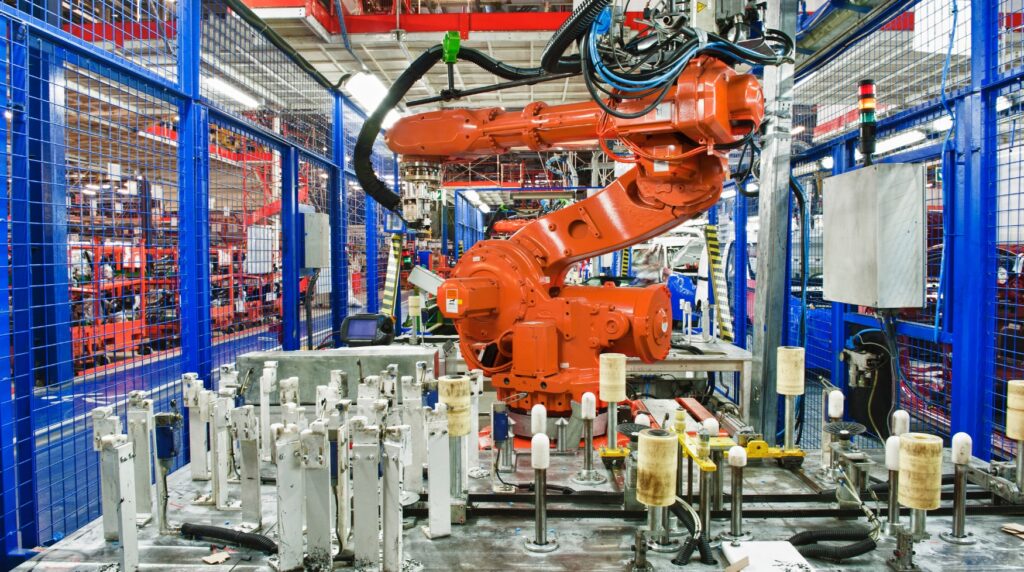
Setting Up Operations in India
Setting up manufacturing operations in India offers a multitude of opportunities for businesses seeking cost-effective production, access to skilled labor, and a strategic global presence. However, navigating the complexities of local regulations, establishing legal entities, setting up infrastructure, logistics, and building a proficient workforce can be daunting. In this guide, we delve into the essential steps and considerations for a successful setup in India.
Understanding Local Regulations and Compliance:
Navigating India’s diverse regulatory landscape is essential for businesses entering the market. Thorough research into tax laws, labor regulations, environmental standards, import-export rules, and industry-specific norms is crucial. Seeking advice from legal experts ensures compliance.
Establishing Legal Entities:
Choosing the right legal structure is vital. Options include wholly-owned subsidiaries or joint ventures, each with unique considerations. Weighing factors like liability, taxation, and operational ease is essential. Registering with the Registrar of Companies and obtaining necessary permits is key.
Setting Up Infrastructure and Logistics:
India offers various options for manufacturing facilities, including industrial parks and special economic zones. Considerations include proximity to transportation hubs, utility availability, and infrastructure development. Efficient logistics networks are crucial for smooth operations.
Hiring and Training Workforce:
Access to skilled labor is a key advantage. Recruiting talent and investing in comprehensive training programs is essential. Fostering a positive work culture and providing growth opportunities help attract and retain top talent.
Choosing the Right Partner in India
Choosing the right partner in India for outsourcing manufacturing is a critical step that can significantly impact the success of your supply chain. It involves thorough research, evaluation of capabilities, effective negotiation, and establishing clear communication channels. Let’s delve deeper into each aspect:
Researching Potential Partners:
The initial step is to conduct extensive research on potential manufacturing collaborators in India. This includes examining their reputation, industry experience, client testimonials, financial stability, and compliance with relevant regulations and standards. Utilizing online resources, industry databases, and professional networks can provide valuable insights into their credibility and operational expertise.
Evaluating Capabilities and Capacities:
After identifying potential partners, the next step is to evaluate their capabilities and capacities. This involves scrutinizing their manufacturing facilities, technological infrastructure, workforce skills, quality assurance procedures, and ability to meet your production requirements. Site visits or virtual tours can offer firsthand knowledge of their operations if feasible.
Negotiating Contracts and Agreements:
Negotiating contractual terms and agreements is crucial for establishing a successful partnership. Clearly defining the scope of work, deliverables, quality standards, pricing structure, payment terms, intellectual property rights, confidentiality clauses, and dispute resolution mechanisms is essential. Seeking legal advice to review and finalize the contract ensures protection of your interests.
Establishing Communication Channels:
Establishing transparent and efficient communication channels with your manufacturing partner in India is essential for collaboration and issue resolution. Identifying preferred communication methods, such as email, phone calls, video conferences, or project management platforms, and appointing key contact persons on both sides facilitates regular updates and timely conflict resolution.
Incorporating Supply Chain Considerations:
Throughout the partner selection process, integrating supply chain considerations is crucial. Evaluating the partner’s geographical location in India in relation to transportation hubs, ports, and raw material sources helps optimize logistics and reduce lead times. Assessing their supply chain resilience and adaptability to market changes enhances decision-making.

Karkhana.io – Reliable Sourcing Partner in India
Karkhana.io positions itself as a trustworthy ally for sourcing in India, providing tailored contract manufacturing solutions to companies outsourcing their production needs. With expertise spanning small to large-scale manufacturing, Karkhana.io excels in delivering high-quality electronics box build solutions and comprehensive product assembly and testing services within India.
An advantageous aspect of collaborating with Karkhana.io is its extensive network of over 500 rigorously vetted suppliers spread across India. This network empowers Karkhana.io to offer a wide array of manufacturing capabilities, including CNC machining, sheet metal fabrication, injection molding, and electronics PCB assembly. This ensures a comprehensive approach to meeting clients’ manufacturing requirements.
By leveraging its expertise, robust infrastructure, and strategic partnerships, Karkhana.io emerges as a reliable partner for companies navigating the complexities of outsourcing manufacturing to India. Committed to excellence in quality, efficiency, and customer satisfaction, Karkhana.io fosters seamless collaboration, enabling businesses to optimize their supply chain operations and achieve their production goals efficiently.
In essence, partnering with Karkhana.io provides access to India’s dynamic manufacturing landscape while ensuring reliability, top-notch quality, and scalability. Consequently, Karkhana.io stands as the preferred choice for companies seeking a dependable partner to meet their manufacturing needs in the Indian market.
